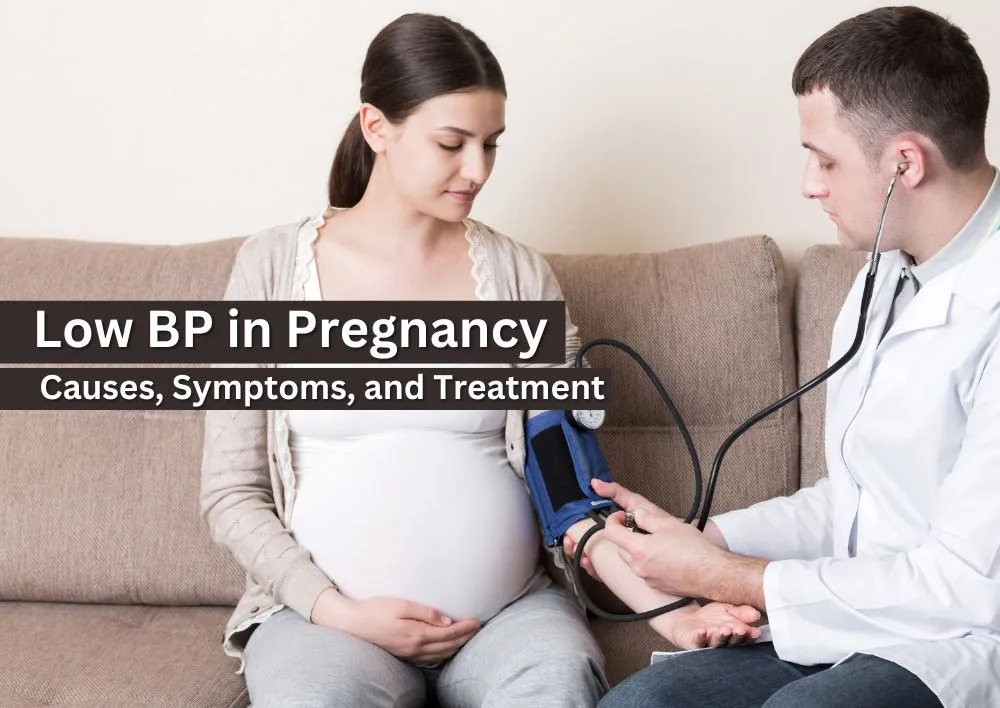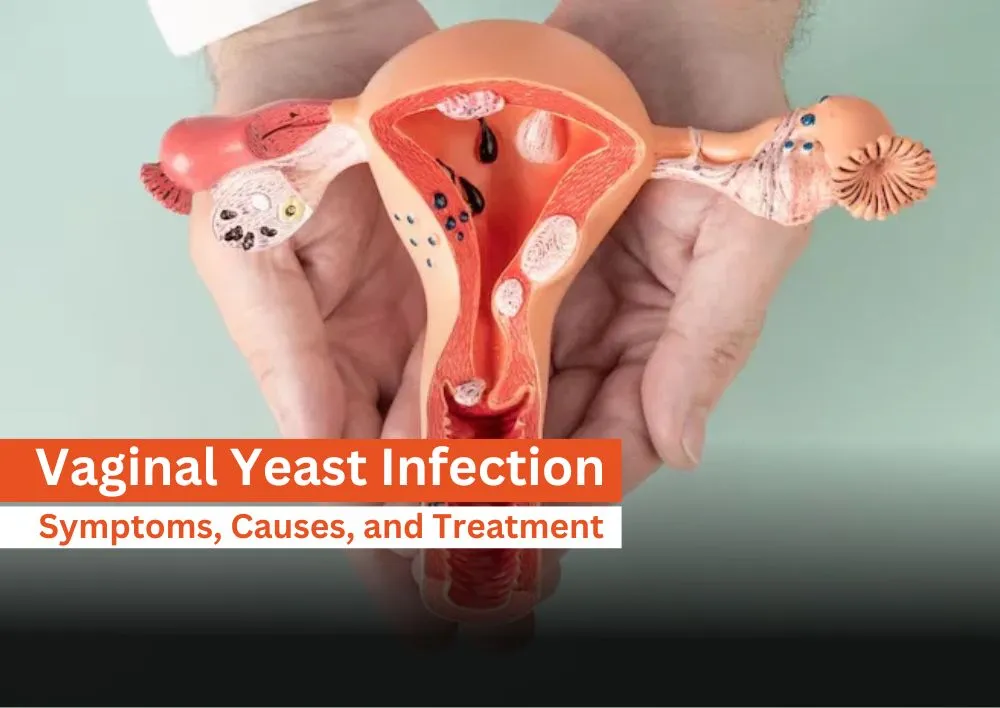Dyspepsia (Indigestion): Symptoms, Causes, Diagnosis, Prevention and Treatment
Dyspepsia, commonly known as indigestion, is a prevalent condition that can affect individuals of all ages. It is used to describe a set of symptoms that occur in the upper abdomen. While dyspepsia is not a condition itself, it is generally a symptom of an underlying issue with the digestive system.
If you are looking for the best dyspepsia doctor near you, then you have come to the right place. We have an expert team of doctors specialized in gastroenterology who can diagnose and treat any critical gastric problems. Our patient-centric approach has made us one of the most renowned dyspepsia clinic in Gurgaon for dyspepsia indigestion treatment.
In this blog post, we will discuss the various aspects of dyspepsia, including its causes, symptoms, and management.
Types of Dyspepsia
There are various types of dyspepsia, and they can be categorized depending on their causes. Here are some common types:
-
Functional Dyspepsia: Functional Dyspepsia is the most common type, where symptoms are not linked to any underlying medical condition. This type of indigestion may be related to problems with the muscles or nerves in the stomach.
-
Reflux Dyspepsia: It is also known as acid reflux or gastroesophageal reflux disease (GERD). This type of dyspepsia involves the backflow of stomach acid into the esophagus, causing irritation and discomfort.
-
Ulcer-Related Dyspepsia: Peptic ulcers, which are sores that form on the lining of the stomach or small intestine, can cause symptoms of indigestion. The most common cause of peptic ulcers is infection with Helicobacter pylori bacteria.
-
Gastritis: Inflammation of the stomach lining can lead to dyspepsia. It can be caused by various factors, including infections, prolonged use of specific medications, or autoimmune disorders.
-
Medication-Induced Dyspepsia: Certain medications, such as non-steroidal anti-inflammatory drugs (NSAIDs), can irritate the stomach lining and lead to dyspepsia.
Causes of Dyspepsia:
Understanding the underlying factors contributing to dyspepsia is crucial for effective diagnosis and management. Here are some common causes of dyspepsia:
-
Gastroesophageal Reflux Disease (GERD): GERD is a chronic condition where stomach acid flows back into the esophagus, causing irritation and inflammation. This reflux can result in symptoms like heartburn and vomiting, contributing to uneasy sensations.
-
Peptic Ulcers: Open sores on the inner lining of the stomach, upper small intestine, or esophagus can cause abdominal pain and discomfort.
-
Gastritis: Inflammation of the stomach lining, caused by factors like infection, autoimmune disorders, long-term use of nonsteroidal anti-inflammatory drugs (NSAIDs), or excessive alcohol consumption. Gastritis can lead to symptoms such as pain and bloating.
-
Functional Dyspepsia: Occurs without clear structural or biochemical abnormalities and is often related to issues with the movement of the digestive tract.
-
Delayed Gastric Emptying (Gastroparesis): A condition where the stomach takes longer than normal to empty its contents, leading to symptoms like fullness, bloating, and discomfort characteristic of dyspepsia.
-
H. pylori Infection: Helicobacter pylori (H. pylori) is a bacterium that can infect the stomach lining and cause inflammation and ulcers. H. pylori Infection is a common cause of gastritis and contributes to dyspeptic symptoms.
-
Medications: Certain medications, including nonsteroidal anti-inflammatory drugs (NSAIDs), aspirin, antibiotics, and some oral contraceptives, can irritate the stomach lining and contribute to dyspepsia.
-
Functional Gastrointestinal Disorders: Conditions like irritable bowel syndrome (IBS) and functional dyspepsia fall under this category, characterized by disturbances in gut function leading to symptoms like abdominal pain and bloating.
-
Eosinophilic Esophagitis: A chronic immune system disease causing inflammation of the esophagus, leading to difficulty swallowing and symptoms resembling dyspepsia.
Symptoms of Dyspepsia
Dyspepsia is characterized by a set of symptoms that manifest in the upper abdomen. The symptoms of indigestion can vary in intensity and duration.
-
Epigastric Pain: Individuals with dyspepsia typically experience pain or discomfort in the upper abdomen, known as epigastric pain. This sensation can vary in intensity and may be described as a burning or grinding feeling.
-
Bloating and Fullness: A common symptom of dyspepsia is a persistent feeling of fullness or bloating, even after consuming small amounts of food.
-
Nausea and Vomiting: Some individuals with dyspepsia may experience nausea, and in severe cases, vomiting.
-
Belching and Gas: Excessive belching and the passing of gas can also be associated with dyspepsia.
-
Heartburn: A burning sensation in the chest that may spread to the throat is often linked to dyspepsia, especially in cases of GERD.
Diagnosis:
To determine the underlying cause of dyspepsia, a gastroenterologist may use various diagnostic techniques, including:
-
Medical History and Physical Examination: A thorough medical history and physical examination can provide valuable insights into potential causes of dyspepsia.
-
Laboratory Tests: Blood and stool tests may be conducted to identify signs of infection, inflammation, or other abnormalities.
-
Endoscopy: This involves the insertion of a thin, flexible tube with a camera into the digestive tract to visually inspect the esophagus, stomach, and small intestine.
-
Imaging Studies: Techniques such as X-rays, CT scans, or ultrasound may be used to visualize the digestive organs and identify structural issues.
Management and Treatment:
-
Lifestyle Modifications: Simple lifestyle changes can often help relieve dyspeptic symptoms. This may include avoiding trigger foods, maintaining a healthy weight, and practicing mindful eating.
-
Medications: Depending on the underlying cause, medications such as antacids, proton pump inhibitors (PPIs), or H2 blockers may be prescribed to manage dyspepsia.
-
Dietary Changes: Modifying the diet, such as reducing spicy or fatty foods, limiting caffeine and alcohol intake, and eating smaller, more frequent meals, can contribute to symptom relief.
-
Stress Management: Stress can worsen dyspeptic symptoms. Techniques such as meditation, yoga, and deep breathing exercises may help manage stress and improve digestive health.
-
Treatment of Underlying Causes: If dyspepsia is a symptom of an underlying problem, such as GERD, peptic ulcers, or gallstones, managing and treating the root cause is necessary for long-term relief.
Dyspepsia Treatment at Home
Indigestion can usually be relieved with easy home remedies. But in the case of constant or severe symptoms, it is important to consult with a dyspepsia doctor.
Prevention of Dyspepsia
Preventing dyspepsia involves adopting a combination of lifestyle modifications, dietary adjustments, and stress management techniques. The following preventive measures can significantly reduce the likelihood of experiencing recurrent symptoms:
-
Healthy Eating Habits:
-
Balanced Diet: Consume a well-balanced diet rich in fruits, vegetables, whole grains, and lean proteins.
-
Avoid Overeating: Opt for smaller, more frequent meals and avoid overeating to prevent excessive stomach distension.
-
Meal Timing: Allow sufficient time between meals, and avoid heavy meals close to bedtime.
-
-
Dietary Modifications:
-
Identify Trigger Foods: Be aware of foods or beverages that trigger dyspeptic symptoms and minimize their consumption.
-
Limit Caffeine and Alcohol: Reduce the intake of caffeine and alcoholic beverages, as these can contribute to irritation of the digestive tract.
-
Hydration: Drinking water helps in digestion and prevents constipation. So, drink enough water throughout the day to stay well-hydrated.
-
-
Maintain a Healthy Weight: Keep a healthy weight through a combination of regular exercise and a balanced diet. Excess weight can put pressure on the abdomen, contributing to dyspepsia.
-
Physical Activity: Engage in regular physical activity to promote overall health and enhance digestive function. Exercise can help reduce stress and prevent constipation.
-
Stress Management: Practice stress-reducing activities such as meditation, deep breathing exercises, or yoga to manage emotional stress, which can exacerbate dyspeptic symptoms.
-
Quit Smoking: Quitting smoking can have several health benefits, including a reduced risk of dyspepsia and related conditions.
-
Other Tips:
-
Avoid Late-Night Eating: Have dinner at least 2-3 hours before bedtime to allow enough time for digestion before lying down.
-
Limit Spicy and Fatty Foods: Reduce the consumption of spicy and fatty foods, as these can contribute to acid reflux and irritation of the digestive tract.
-
Regular Health Check-ups: Schedule routine health check-ups to monitor overall health and catch any potential issues early on.
-
Medication Management: If you are on medications that may contribute to dyspepsia, consult with your doctor to discuss potential alternatives or ways to manage side effects.
-
Food Hygienic Practices: Practice good food hygiene to prevent infections that could lead to gastritis or other digestive issues.
-
It's important to note that the responses of individuals to preventive measures may vary. . If someone experiences persistent or severe dyspeptic symptoms despite adopting preventive strategies, seeking medical advice is crucial for a comprehensive evaluation and tailored management plan. Overall, a holistic approach to health, encompassing both physical and emotional well-being, plays a key role in preventing dyspepsia and promoting optimal digestive health.
Conclusion:
Dyspepsia is a common and often manageable condition, but its underlying causes can vary widely. Individuals experiencing persistent or severe symptoms should seek medical attention for a proper diagnosis and appropriate treatment. By understanding the causes, symptoms, and management strategies for dyspepsia, individuals can take proactive steps to improve their digestive health and overall well-being.
If symptoms persist, it is important to consult with a gastroenterologist for a thorough diagnosis and personalized treatment plan. Miracles Healthcare houses the best gastro doctor in Gurgaon, is ready to offer top-notch treatments for indigestion problems and provide guidance on post-treatment care. To enhance the accessibility of healthcare services in Gurgaon, the hospital operates through multiple facilities: Miracles Apollo Cradle, Miracles Apollo Cradle/Spectra, Miracles Fertility & IVF Clinic, and Miracles Mediclinic, which are in Sec 14, Sec 56, and Sec 82.
Take charge of your digestive health today! Schedule an online consultation with our experts at Miracles Healthcare. Your well-being is our priority.

_Symptoms,_Causes,_Diagnosis,_Prevention_and_Treatmen.webp)





_in_Pregnancy.webp)





Was the information useful?
0 0